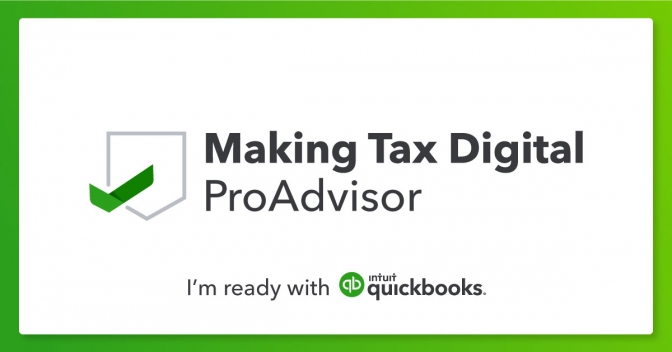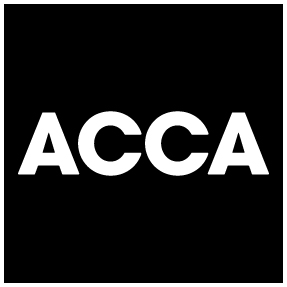
ARCHIVED BUDGET GUIDE
A SIMPLE GUIDE TO THE AUTUMN BUDGET 2018
This is a basic guide, prepared by ACCA’s Technical Advisory team, for members and their colleagues or clients. It is an introduction only and should not be used as a definitive guide, since individual circumstances may vary. Specific advice should be obtained, where necessary.
The message from the Chancellor was that ‘this is a budget that shows the British people that the hard work is paying off.’
You can read the individual measures and details of some of the numerous consultations below.
Rates and allowances
|
|
2019/20 |
2018/19 |
|
|
£ |
£ |
|
Income tax rates - (non-dividend income) |
||
|
0% lower rate tax - savings rate only |
Up to 5,000 |
Up to 5,000 |
|
20% basic rate tax |
12,501 to 50,000 |
11,851 to 46,350 |
|
40% higher rate tax |
50,001 to 150,000 |
46,351 to 150,000 |
|
45% additional rate tax |
Above 150,000 |
Above 150,000 |
|
Scottish Income tax rates - (non-dividend income) |
||
|
19% starting rate tax |
See below |
11,850 to 13,850 |
|
20% basic rate tax |
13,851 to 24,000 |
|
|
21% intermediate rate tax |
24,001 to 43,430 |
|
|
41% higher rate tax |
43,431 to 150,000 |
|
|
46% top rate |
Above 150,000 |
|
|
Personal allowance |
||
|
Personal allowance |
12,500 |
11,850 |
The Scottish government budget will take place on 12 December 2018.
The Welsh government final budget will be debated on 18 December 2018.
Dividend allowance
The tax-free dividend allowance is unchanged at £2,000.
Stamp Duty Land Tax: relief for first time buyers
The chancellor announced relief up to the value of £500,000 back-dating from 22 November 2017, so that those eligible who have not previously claimed first-time buyers’ relief will be able to amend their return to claim a refund. This measure does not apply in Scotland or Wales
Corporation tax
The corporation tax rate will remain at 19%.
Annual investment allowance
Companies will be able to claim £1m as AIA for expenditure incurred from 1 January 2019 to 31 December 2020.
Structure and Building allowance
A relief of 2% will be available for expenditure on non-residential buildings, for which construction contracts are entered into after 29 October 2018. Qualifying costs relate to construction, improvement, conversion, including demolition costs and land alterations costs.
CGT letting relief and final period exemption
From April 2020 the government will reform lettings relief so that it only applies in circumstances where the owner of the property is in shared occupancy with the tenant. The final period exemption will also be reduced from 18 months to 9 months.
Making tax digital
There were no announcements on MTD. HMRC is aiming to introduce MTD for VAT in April 2019.
VAT
|
|
2019/20 |
2018/19 |
|
|
£ |
£ |
|
VAT |
||
|
Standard rate |
20% |
20% |
|
Registration threshold |
85,000 |
85,000 |
|
Deregistration threshold |
83,000 |
83,000 |
VAT thresholds as previously announced will remain unchanged.
Phoenix and insolvent companies
From 6 April 2020, the government will change the rules when a business enters insolvency HMRC will be a preferential creditor. It has also announced that directors and other persons involved in tax avoidance, evasion or phoenixism will be jointly and severally liable for company tax liabilities.
Business rates
The threshold for Small Business Rate Relief (SBRR) has been raised to include properties with a rateable value of up to £51,000. The Treasury has announced that the bills of those below this threshold will be reduced by a third, starting from April 2019 for a period of two years.
Apprenticeships
SMEs will now only pay 5% towards the cost of an apprentice’s training costs, down from the previous 10% co-investment rate. This change is expected to come into effect from April 2019. You can find out more about ACCA Apprenticeship Programmes here
Taxation of trusts
The taxation of trusts will be subject to a consultation and review.
R&D
From 1 April 2020, the amount of payable R&D tax credit that a qualifying loss-making company can receive in any tax year will be restricted to three times the company’s total PAYE and NICs liability for that year.
IHT
The Nil-rate band remains at £325,000. The residence nil-rate band for deaths in the following tax years will be:
- £100,000 in 2017 to 2018 £125,000 in 2018 to 2019
- £150,000 in 2019 to 2020 £175,000 in 2020 to 2021
Interest relief for landlords
Landlords will be able to obtain relief as follows:
Finance cost allowed in full Finance cost allowed at basic rate
Year to 5 April 2018 75% 25%
Year to 5 April 2019 50% 50%
Year to 5 April 2020 25% 75%
Year to 5 April 2021 0% 100%
IR35
The chancellor announced the extension of IR35 to the public sector. It has been recognised with issues with CEST and recent cases that changes require further thought with a resulting implementation date of April 2020. The reform will apply to large and medium sized businesses.
ATED
From 1 April 2018 the charges for the annual tax on enveloped dwellings (ATED) will be increased by 3%. Returns for 2018/19 are to be filed electronically.
|
|
2019/20 |
2017/18 |
|
|
£ |
£ |
|
Annual Tax on Enveloped Dwellings (ATED) |
||
|
More than £0.5m but not more than £1m |
3,500 |
3,600 |
|
More than £1m but not more than £2m |
7,050 |
7,250 |
|
More than £2m but not more than £5m |
23,550 |
24,250 |
|
More than £5m but not more than £10m |
54,950 |
56,550 |
|
More than £10m but not more than £20m |
110,100 |
113,400 |
|
More than £20m |
220,350 |
226,950 |
Employment allowance reform
From April 2020, this will be limited to employers with an employer NICs bill below £100,000 in the previous tax year.
Entrepreneurs’ Relief
Legislation will be introduced in Finance Bill 2018-19 for disposal made on or after 6 April 2019, to increases this minimum period throughout which certain conditions must be met to be eligible for Entrepreneurs Relief from one year to two years.
ACCA LEGAL NOTICE
This is a basic guide prepared by the ACCA UK's Technical Advisory Service for members and their clients. It should not be used as a definitive guide, since individual circumstances may vary. Specific advice should be obtained, where necessary.
Archive budget summaries;


